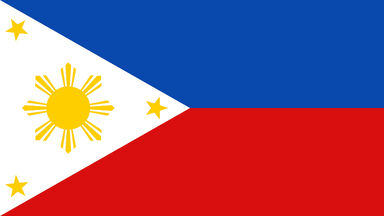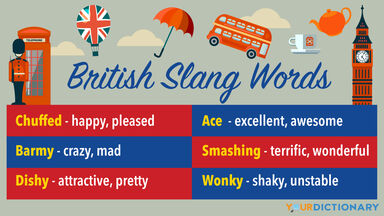In 1908 an act was passed providing for local option in regard to the sale of intoxicating liquors, by an election to be called an initiative petition, signed by at least 35% of the electors of a county.
State-wide prohibition of the sale of intoxicating liquors was voted down in 1887 and a local option law went into effect; in 1907, when there was no licence in 145 (out of 243) counties and licence only in parts of 51 other counties, a law was passed giving local option to parts of cities and towns.
In 1881 a local option law was passed, by which the granting of licences for the sale of liquor was confined to cities and towns voting at the annual election to authorize their issue.
Through a growing acquiescence in the operation of the local option law, the relative importance of the vote of the Prohibition Party has diminished.
Up to January 1891 the Conservative forces which overthrew Sir George Grey in 1879 controlled the country in effect though not always in name, and for ten years progressive legislation was confined to a mild experiment in offering crown lands on perpetual lease, with a right of purchase (1882), a still milder instalment of local option (1881) and an inoffensive Factories Act (1886).





